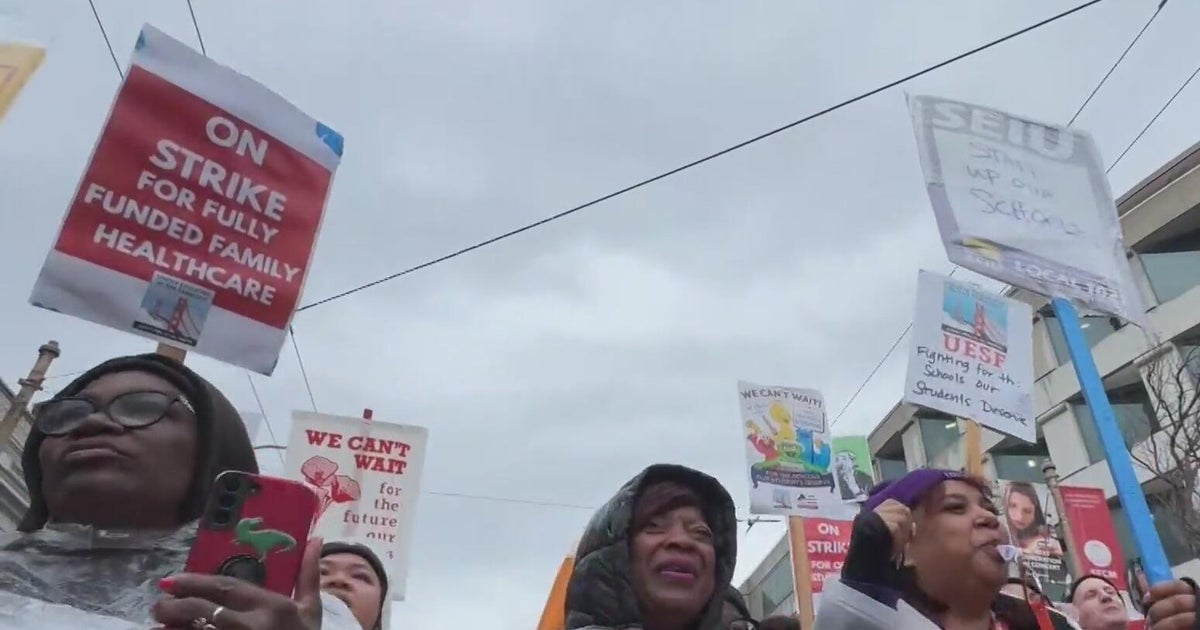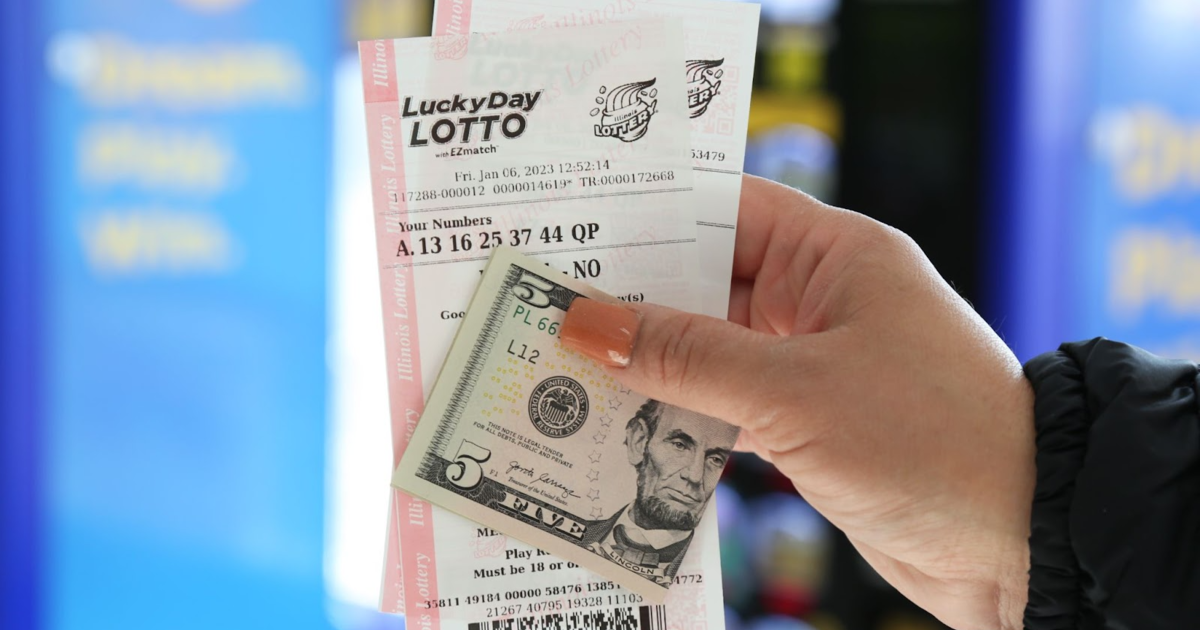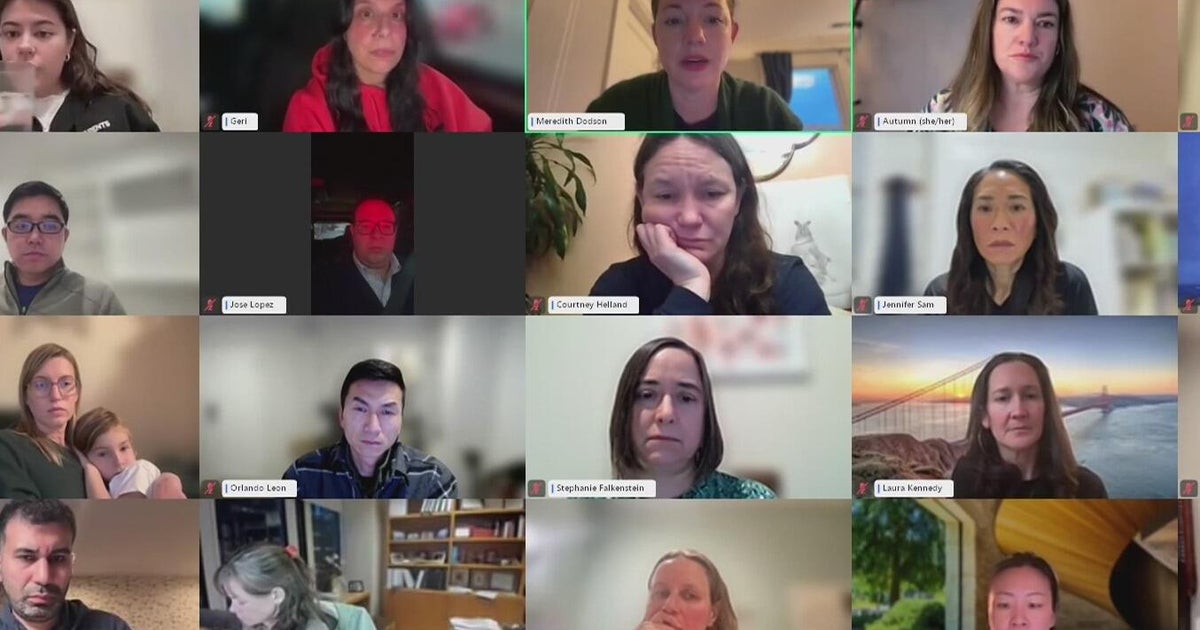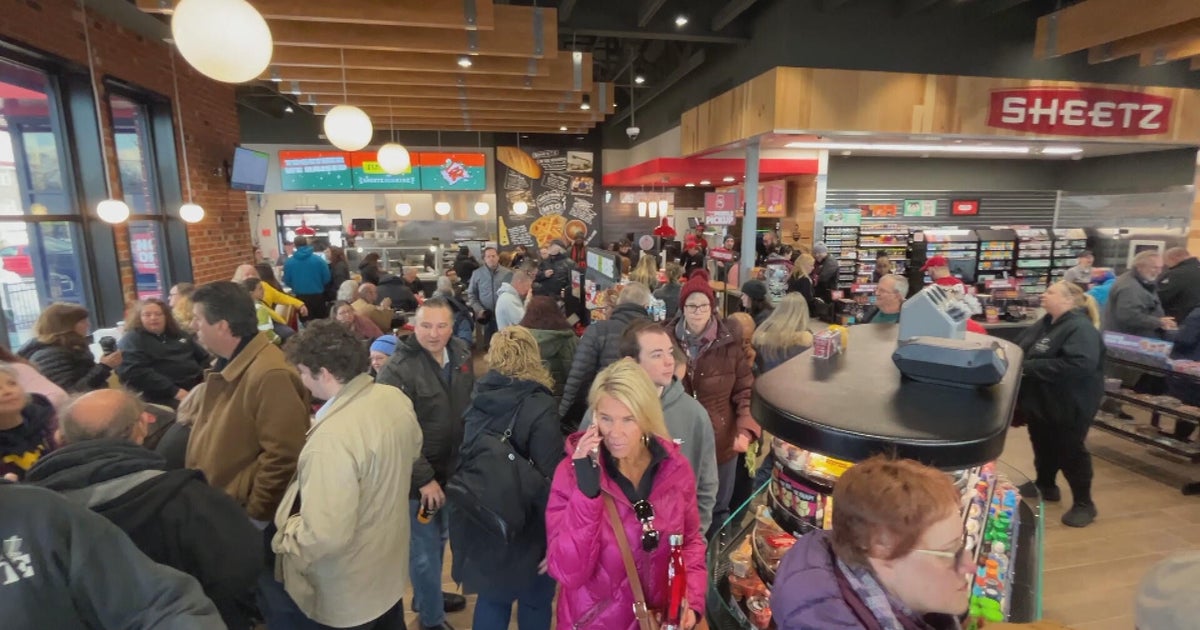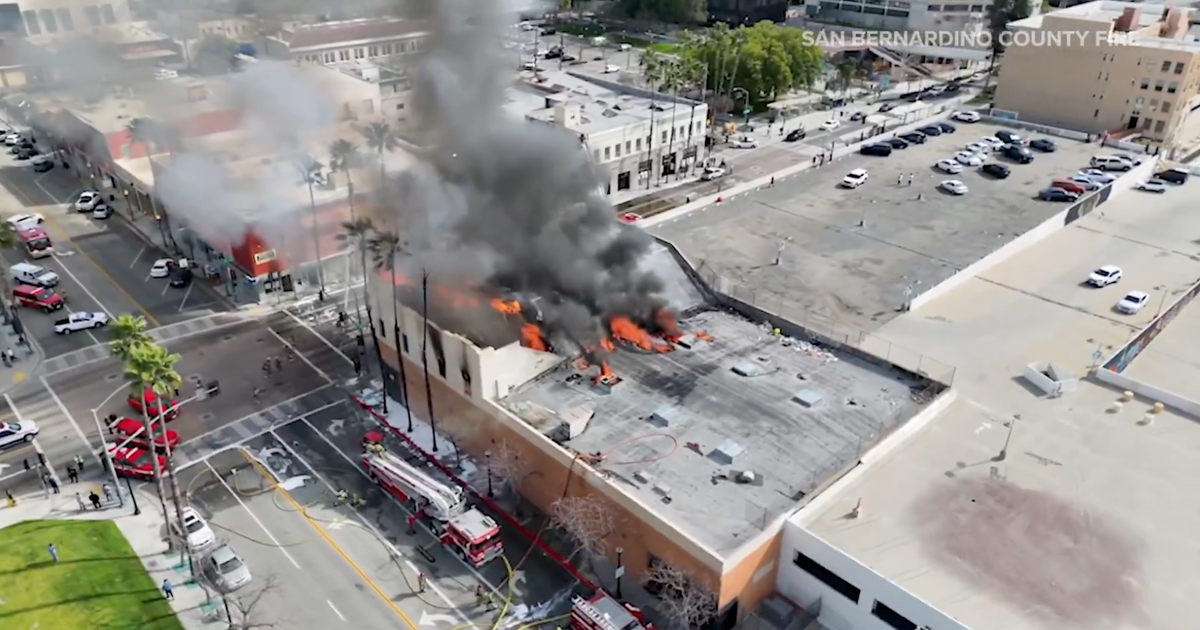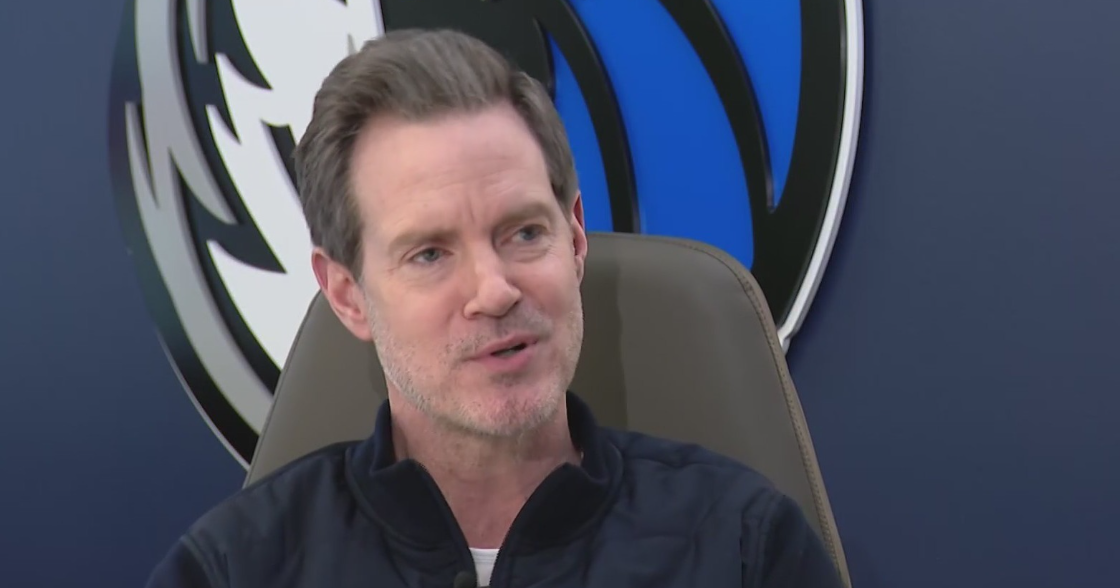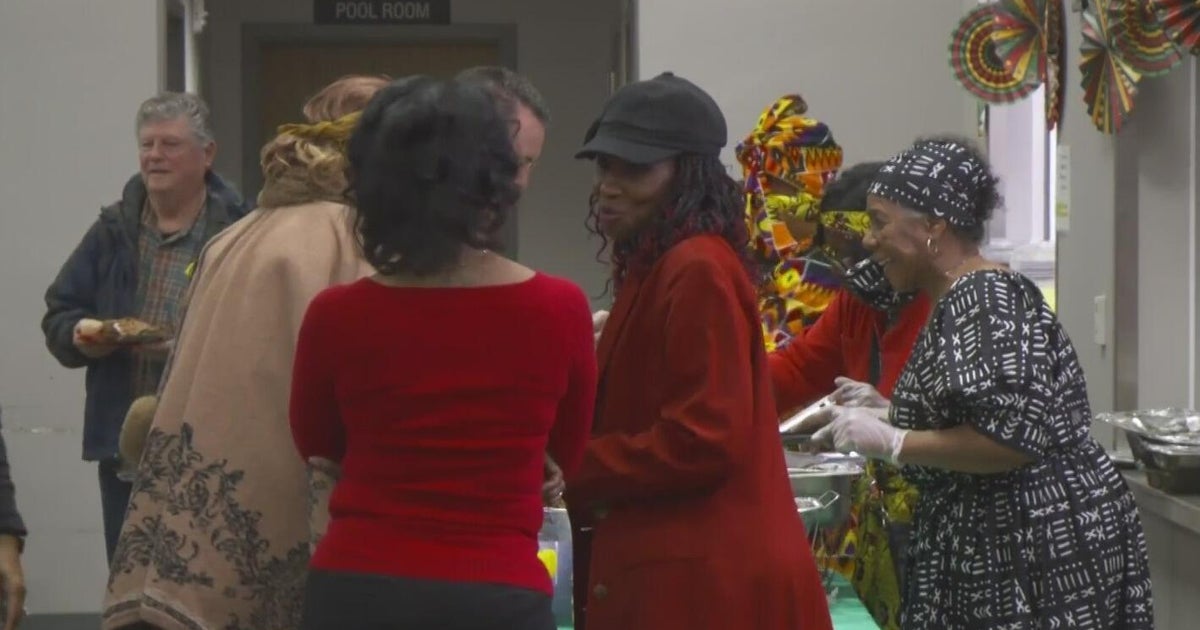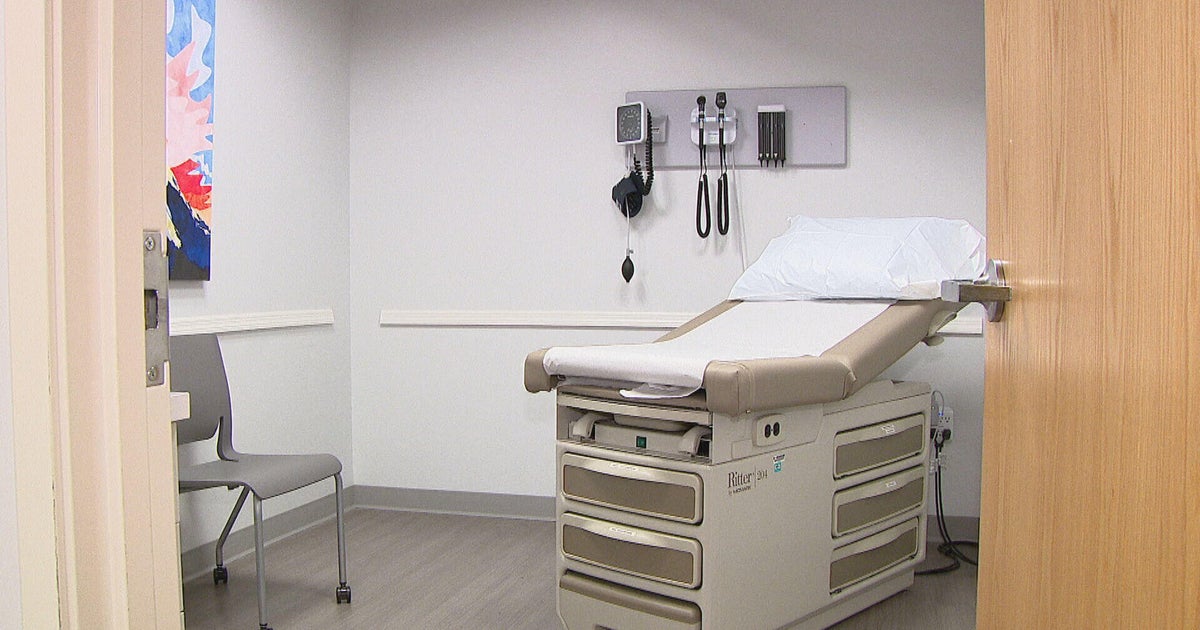San Francisco 'Dream House' Raffle Draws Scrutiny; No Homes Actually Awarded
By Whitney Gould & Susie Steimle
KPIX 5
SAN FRANCISCO (KPIX 5) -- Everyone dreams of winning a huge jackpot that would change their lives, and every year, a San Francisco non-profit holds a high profile raffle with just that kind of jackpot prize: a gorgeous home. But, in this case, the big prize really could be just a dream.
The top prize in this year's San Francisco Dream House Raffle is spectacular: a six-bedroom mansion in Pacific Heights, with views of the bay, and a price tag of more than $10 million. In a real-estate starved city, winning a house like this could be a dream-come-true.
The annual raffle, which costs $150 per ticket to enter, is a benefit for the non-profit Yerba Buena Center for the Arts (YBCA). Over the past decade, the homes offered as the raffle's grand prize form a gallery of high-end real estate in the city's priciest neighborhoods. But KPIX 5 has learned that over 10 years of contests, not one of the posh homes have actually been awarded as prizes.
Daniel Borochoff, founder of the watchdog group Charity Watch, said most dream-house raffles - and there are a lot of them across the country - have numerous caveats in their rules. "The raffle ought to give away the prize that's most heavily advertised and promoted," Borochoff said. "It's misleading, clearly, unless someone has pored over the fine print, and obviously, people aren't doing that."
Yerba Buena Center for the Arts says on its website that 65,000 tickets must be sold in order for a house to be awarded. But the organization told KPIX 5 that threshold has only been reached twice; in both cases the winners opted to take the alternative cash prize instead of the house.
Shirley Juniphant won the top prize in the 2015 Dream House Raffle, but since the ticket threshold wasn't reached that year, the dream house wasn't offered as a prize. She got a substantial cash payout instead. Even if a house was offered, Juniphant says she wouldn't have taken it. "I love my house," she said. "I'm just that mentality. I like to win whatever it is."
Moreover, if the house were awarded as a top prize, claiming the property would be prohibitively expensive, noted tax lawyer Alan Seher. The contest rules say the grand prize winner must pay all taxes and fees associated with closing on a house. On a $10.5 million property in San Francisco, that would be "about 53-percent of the value of the prize," said Seher. In other words, more than $5.5 million.
The real winner of the raffle might be the man who runs it. Neal Zeavy, a former Watsonville school teacher, helped run one of the nation's first dream house raffles in Marin County in 2007. Since then, Zeavy has made a business of running similar contests.
Zeavy didn't respond to our questions or request for an interview. IRS records show YBCA paid Zeavy and his consulting company more than $5 million between 2009 and 2015, significantly more than what YBCA's top executive is paid each year.
YBCA also declined our request for an interview, but told us in an email that Zeavy's fees are justified because the raffle has "netted more than $30 million in vital revenue" since 2009. This revenue has allowed the organization to maintain its programs despite an "overall drop off in philanthropy."
"It does appear this raffle is getting a reasonable return for this charity," Borochoff said, noting the contest is perfectly legal.
The San Francisco Dream House Raffle also gives away plenty of smaller prizes, including trips, electronics and Omaha steaks.
But, Borochoff said, perception is important. Never giving away a house in a "dream house raffle" could come back to haunt a charity and diminish ticket sales, reducing benefit to the charity.
Two years ago, the Better Business Bureau issued a warning about a similar dream house contest in St. Louis run by the Hope Institute for Children and Families. The Hope Institute had run a dream house raffle in Chicago for four years, and the BBB warned potential ticket buyers that "ticket sales for the previous four Chicago raffles all have fallen well short of the institute's goals," resulting in winners taking home cash prizes that were "significantly smaller than the advertised top prize."
"If charities participate in a raffle where they heavily advertise a prize and they don't give away that prize, it does taint the charity," Borochoff said.
But not all dream house contests fall short of awarding the advertised top prize. St. Jude Children's Research Hospital runs dream home fundraisers in more than 30 cities across the country, and does award contest winners a home.
YBCA said it likes the idea of publishing a ticket sales tally on the San Francisco Dream House Raffle website, and will look into implementing one in the future.
